(While you're reading this post, click on my video and let it play on mute in the background while you read. Thanks for helping me get the chance to go to India!)
May 7
th: I got picked up at
Ubuntu by the guy who owns the farm I was going to work at early in the
afternoon. He was surprised at how I had just one backpack for the month, but
the back of his truck was so full already that I’m not sure I could have fit
anything more. After a brief stop in the nearby town of Humansdorp, we headed
out for the farm.
It was an absolutely gorgeous drive,
through all of these different landscapes, and then finally back into the
mountains. I feel so spoiled, just because everywhere I go is so beautiful.
We drove for about an hour on paved
roads, and then turned onto the dirt roads. For a while, the dirt road was nice
and all, as smooth as a dirt road could be. Then, we turned again, and the road
became more just two ruts, winding along the side of the mountain, almost
clinging to the edge of the rocks. Other than the fact that he was easing the
truck along it, I might not have recognized it as a road.
Have I described this truck yet? It’s an
old, whitish-beige Land Rover pick-up thing. You can hardly have a conversation
in the cab because the vents are just open, and it’s so loud. The windshield is
all cracked, and the doors take some strength to open. But, apparently it made
the journey to and from Ethiopia from South Africa on quite the adventure ten
or fifteen years ago.
As the road got worse, we had to slow
down, meaning it became a bit quieter, and we could finally have a proper
conversation. As we passed places, the farm owner described them to me. We
passed a little farm cottage that he said used to be inhabited by an old
couple, until the husband died trying to cross a flooded river in his car.
Further down the road, there was a paddock full of what looked to be pretty
wild horses, and he said that there were some brothers who came to see the
horses a few times a year, but other than that, they were indeed wild.

Anyways, we finally got to their farm. I
don’t know how to emphasize this enough: THE FARM IS IN THE MIDDLE OF NOWHERE,
AND IT IS WONDERFUL. The farm itself is about three thousand acres of
mountains, but there’s kind of a central portion that’s a normal farm,
surrounded by all the rest of the property which is essentially open land,
sometimes used for the cattle to wander and graze. It’s strangely isolated, but
not lonely. There are four horses, about twenty-five cows, a slew of chickens,
and some pygmy fowl who seem to have domesticated themselves. As far as people,
there’s the farm owner, his wife, their three kids, and then two workers from
Malawi who also live on the farm.
After about an hour of settling in, the
farm owner showed me around the property, explaining a bit of how things work.
Some of it just made me happy. First, there’s an electric wire around the
vegetable patch to keep out the baboons. I mean, duh.
Also, make sure to close to gate, to
keep out the bush pigs. For years, I’ve been climbing over fences in the States
constructed to keep pigs in, and suddenly I’m closing gates to keep wild pigs
out. It’s strange how these things turn around.
Next, it was on to how to “feed” the
animals. I put “feed” in quotation marks, because the ritual was more of a
ritual than a necessity. They got about a handful of feed, as most of their
diet was scrubs and grass. In a climate like this, where they can scavenge and
find food year-round, especially on such a big property, it makes so much sense
to not feed them. Sustainability!
Okay, let me describe the house I would
be staying in for the next two weeks a little bit. It’s a house, but a very
basic one. Everything runs off of solar power, and minimal solar power at that,
and very few lightbulbs. There’s a light in the bathroom, and in the
kitchen-dining-room-living-room, but not one in my bedroom (we put one there a
few days later). I tended to use candles a lot of the time, because at night,
when there’s no sun to refill the battery, the power runs out really fast.
OH! THE DONKEY BOILER!
So, water comes down from the mountain
into the dam, from where it is piped into the house, and all over the farm.
It’s all gravity-powered, which is pretty cool to think about – no pumps for
anything! Behind the homestead (my house and the family’s house), there is
something called a donkey boiler, which is where we heat the water. It’s a
small, black metal tank, and a place for a fire below it. I mean, it’s really
easy – you light a fire below the tank, keep it going for an hour and a half,
and voila – hot water! Definitely makes you appreciate a hot bath, as I would
learn over the course of the next two weeks.
May 11
th: Today was my first
day off. Days off are so much better when you’ve earned them – seriously. I’ve
spend the past couple of days planting oats, building fences, and various other
tasks. It’s been great, but hey, nobody ever complained about a day off. I have
to admit though, it’s been nice to be working. I’ve missed having a job ever
since I came to Swaziland.
Anyways, in the morning, I went for a
drive to another nearby valley with the farm owner and some of their family
friends who were staying for the weekend. The woman is quite into nature, and
can give you the Latin names for pretty much any species of plant in the Cape
region. The man is more interested in the social history of the region, and has
written a book about the area around where the farm is.
In fact checking for the book, we went
to go visit this old farmer in this other valley. When we arrived, it was like
plunging into some other world, where suddenly everything was old-time
Afrikaans. This continued until the farmer realized that I spoke English, at
which point everyone tries to switch into English, but it was so broken, and I
wished that they would have continued in Afrikaans. But, eventually I was glad
to hear English, so that I could understand the farmer’s stories. I wish I
could remember them, but they were these little stories about so-and-so doing
this-and-that, and I think it would be terribly boring to read about, but it
was amazing to sit in this random farmhouse in South Africa, and listen to some
Afrikaaner tell stories about his farm and “how it used to be.”
Getting back to the farm, I decided to
go for a walk, as the farm is so big, and the only way to see most of it is
just to go for a walk.
So, I’m walking along this stream, and
suddenly it feels like America. There was this grove of poplar trees, and just
some normal, overgrown grass on the trail, and a bunch of undergrowth that was bizarrely
like buckthorn at home. Mostly though, it was the smell. Places have smells,
and for about a ten foot bit of the path, it smelled exactly like the forest
preserves at home.
The only other place I’ve found like
that is the closet under the stairway to the lightbox in the assembly hall at
school, which smells distinctly like my grandparents’ basement.
Anyways, that night for dinner, we had a
braai, essentially a barbeque, which I’ve found is quite a bit social event in
South Africa. I felt like I was a camp counselor again though, which was
hilarious. The kids were really funny. Dinner was really fabulous – sweet potatoes
and potatoes and salad. It was really simple, but it was warm, and somebody
else cooked it.
May 12
th: Back to work! This
morning was quite fun. The owner’s wife runs a little vegetable selling
business, and there were a bunch of orders to organize before she brought them
into town tomorrow. We spent all morning going through the vegetable garden, getting
whatever we needed, and organizing everything into nice little bundles.
The highlight of was my day was when,
that afternoon, we took the truck to the other side of the farm to pick some
flowers, which she apparently also sells. The view from the certain peak we
went to at this certain time was astounding. I can barely describe it. There
are all these mountains, kind of rolling and green, but with these dramatic
ravines cutting into them. You just
just
see this really long valley surrounded by mountains and ravines, but you can’t
even see the bottom of the valley. You just see for forever in front of you.
For forever.
The most amazing thing is that it’s so
out there that I know there are no other humans out there. No other roads than
the one we took. No telephone poles, no supermarkets, no little shacks,
nothing. You’d be hard pressed to find a place like that. Even parks and nature
reserves are contaminated with the fact that they’re built for people to come
to, and so there are usually roads, campsites, whatever. Here? Not so much. It’s
a farm, not a tourism place.
May 13
th: Today is just about
halfway through my time in South Africa, meaning I’ve been gone for two weeks,
and have two weeks left before returning to Swaziland, but it feels like much
longer though. I can barely imagine being back at school.
Having not used technology in a while,
it’s a very strange thought that there are computers waiting for me at school.
I’m not sure what I would do with them. Right now, I use one lightbulb, heat
water over a fire, cook with a camp stove, and eat vegetables from the garden.
Computer? What? Why?
May 16
th: Yesterday was like
an episode of “Dirtiest Jobs” and now my back hurts like nothing else, but that’s
chilled. No worries.
I started the day with what they call “liquid
compost,” which I have renamed “s*** water.” Ready for the recipe? Take an old
bag of horse feed, one of those big sacks, fill it with manure. Tie it up, and
stick it in a barrel of water. Let it sit for four months. Then, when a perfectly
innocent WWOOFer comes, tell them to water the garden with it.
It was absolutely rancid. I must have
spent twenty minutes scrubbing my arms afterwards, and you could still smell
it.
After lunch, we continued having a
poo-filled day, as one of the Malawian workers and myself moved the compost
along the cycle, from one area to the next. The compost piles are in order of
how decomposed they are, and they get moved along once in a while to mix them
up and everything, and to make sure they don’t get too packed down.
Essentially, the bin on one end is poo, food waste, leaves, and grass, and the
bin on the other end of the row is compost, and the bins in between are in
varying states of decay.
So, we dig our shovels into one of the
middle bins, and find that the pile has gotten so hot that it’s literally
staring to self ignite, so there are pockets of ash everywhere in the pile of
leaves and poo. It was just overwhelmingly hot.
Are you jealous? Shoveling piles of
steaming hot poo… best vacation ever!
May 18
th: Today was
technically my second day off, but it was so full of stuff that I’d hardly call
it “off.” I woke up, and after my breakfast of Wheet-Bix, I decided that I
wanted to go on a hike, like, a proper hike to the top of one of the mountains.
I ask the farm owner what’s a good
mountain with a view, and he points me off in a decent direction, but then his
two daughters, aged eight and ten, wanted to come with me. As having an
eight-year-old and a ten-year-old tagging along on hikes isn’t always conducive
to “proper hiking,” their mother was reluctant, but I said it was fine if they
came, and so off we went.
The eight-year-old started promptly with
the complaints, after maybe ten minutes of uphill. From that point on, the
motto became “stop at the top,” with which she shut up and walked. We got there
soon enough, and so she felt accomplished.
The mountains here are of a different
sort: from the bottom, it seems as if they’re different, separated, normal mountains.
But, when you hike to the top, you see that the peaks are all almost flat, as
if they exist on one plane, and the separations have just been carved out of
them. Well, I mean, they have. Rivers flow through each valley. Looking across
them is almost the same sensation you get looking out a plane window over the
clouds below you.
On the way down, we went what the girls
called “bunderbashing” – namely, we abandoned the trail. That’s the nice thing
about living in a valley – if you just go down, you can’t get lost. The whole
way down, I got them singing “I LOVE THE MOUNTAINS, I LOVE THE ROLLING HILLS, I
LOVE THE FLOWERS, I LOVE THE DAFFODILS, A BOOM-DEE-YA-DA, BOOM-DEE-YA-DA…” That
was very classy. I heard them singing it later when they thought I was working,
which made me smile.
Upon reaching the farmhouse, they
recounted their grand bushwhacking tales to their mother, and then almost
immediately, the ten-year-old decided it was time for a proper horse riding
lesson. It was a bit bizarre to be told what to do by a ten-year-old, but hey,
whatever. We just took the horses for a ride around the farm, which is always
stunning. I almost got eaten by a bush in a too-low trail, which the young
girls didn’t consider an obstacle, but it was worth it to be able to run around
on a horse. Dude ranches in the States don’t let people trot and run and everything
on horses, but I’ve learned that that’s the best part!
Then, we took the saddles off, and just
rode around without them for a while. You just hold onto their necks and hope
they don’t decide to take their revenge on you, which I thought was terribly
funny.
So, I go to eat my lunch and read a
book, and just chill, as this day hasn’t been very much chilling so far, but
then the eight-year-old comes running into my house, and asks if I can help her
make this lemonade stuff. I had picked all of the lemons the day before, a
whole bag of them, and so she had to juice them all. I refused to do anything buy
supervise. I mean, it was her project, not mine.
But, suddenly there was some emergency
with the cattle, and so everyone else went to go deal with that, and I was left
to babysit this eight-year-old, who had by this point, gotten bored with the
lemons after one glass of lemonade, and started baking chocolate brownies from
scratch. As for me, a kid raised on powdered lemonade and brownies from a mix?
I was quite impressed. And who am I to complain? I got lemonade and brownies
out of the deal, which, after a few weeks of bread and veggies, was beautiful.
It was just one of those funny moments,
standing in a farmhouse kitchen in South Africa, licking the brownie batter
from the bowl with this kid whose parents are dealing with something with the
cattle? As in, life is strange, but I love it.
May 20
th: I sometimes think
that if I’m an expert in anything, it’s leaving. I leave a lot – headed somewhere
new, but still leaving.
Leaving here is different, and while I’ve
only been here for a few weeks, it feels like much longer. My only explanation
is that I’ve contributed something here, and so it feels like it’s somehow
mine, in a way. There are things here that only I know, and that’s because I
put them there, as they are. It’s very different than leaving, say, a
backpacker’s, where you’re just another wanderer, passing through.
Maybe it’s the fact that I know where I’m
going, and I know how different it is from here. I’m going from mountain house
with solar power and river water to full on “society” and “civilization.” I
haven’t seen a road that consists of more than two ruts for weeks. I haven’t
used anything electrical other than a light bulb and an electric fence.
In other ways, maybe I’ve just become
too lazy to go back to society. I’ve been wearing the same clothes for two
weeks now (don’t judge). No matter how often I try to wash up, my fingernails
seem to have dirt permanently underneath them. I have a well-established farmer’s
tan, and my hair is growing rather shaggy again. I’m not sure what I look like
though, because I haven’t seen a mirror since getting here. No need.
When I was a kid, we used to have this
story about running away to “the simple life.” I’m not sure how it ends, and
while for years, I thought it was silly. I think now that I have to leave, I
understand.
You go through phases with this kind of
thing. First, you think it’s nice, maybe pleasant. The birds sing and there are
flowers, and it seems like a nice holiday spot. Then, you get annoyed. You
smell from sweaty work, there’s dirt everywhere, and it’s overly isolated. You
can’t believe that anyone would ever volunteer to spend their vacation here,
much less live here (there always seem to be a lot of annoying flies around
your head during this phase). After that, you look closer at the people who
have indeed chosen to live here, and figure that you must be missing something.
There must be a reason they love it, and so you throw everything you’ve got
into figuring it out.
The final phase always comes too late,
just as you’re leaving. You realize what people fall in love with in a place
like this, and you realize that you’ve also fallen for it, at least a little
bit. And then you leave. Or not, of course, you could stay, but most people are
pulled back into the world by something. I am not an exception.
I find, as I leave, that I’ve taken
woefully few pictures, but cameras don’t really work here. A camera can’t
capture the feeling of being small, surrounded by very big mountains. When the
mountains rise around you, and there’s nobody else for miles around, and no
signs of humans, for as far as the eye can see, you realize that the world
really doesn’t need people. It’s beautiful without us, if we only bother to
look. And that takes time to see – not a few moments, but days, weeks, months,
years. You can’t take a picture of that.
And so, I filled up the cattle water one
last time, got into the bumpy old truck, watched the sun set over the mountains, and went for one last drive down the
bumpy old road before returning to the pavement, and everything that comes with
it.

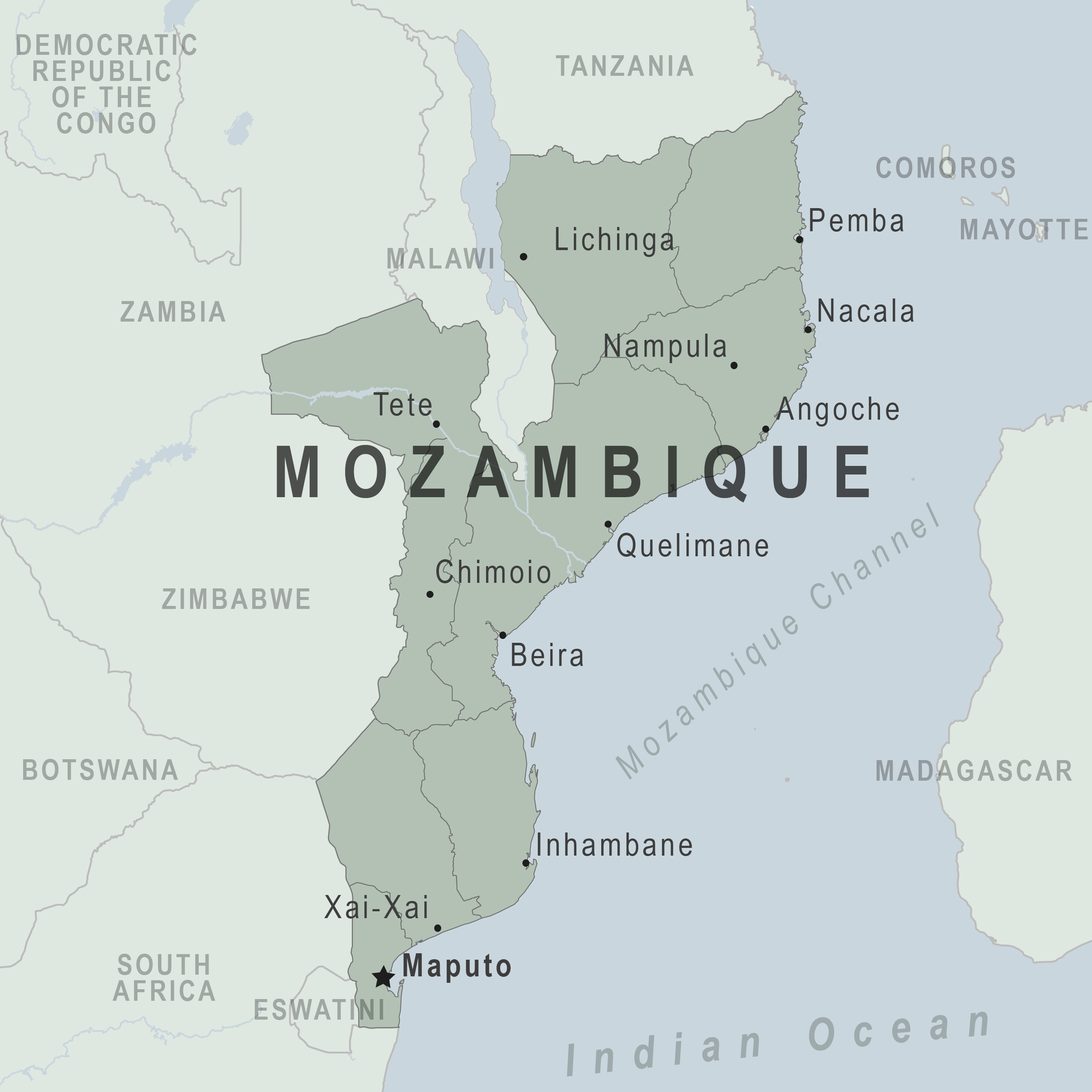
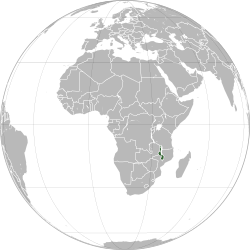
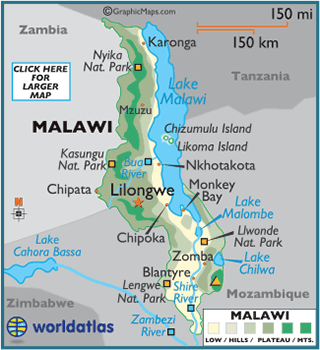
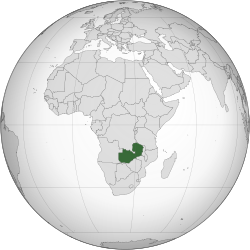

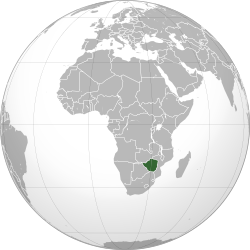
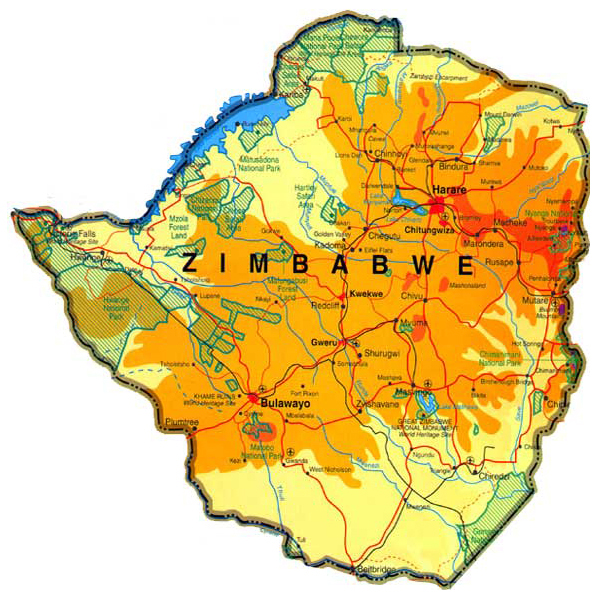




.JPG)





.JPG)


























.JPG)

